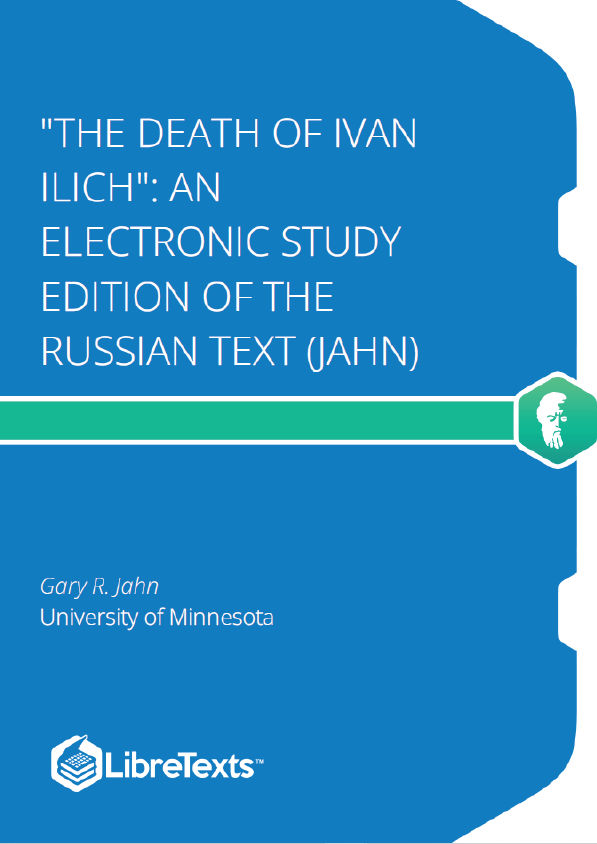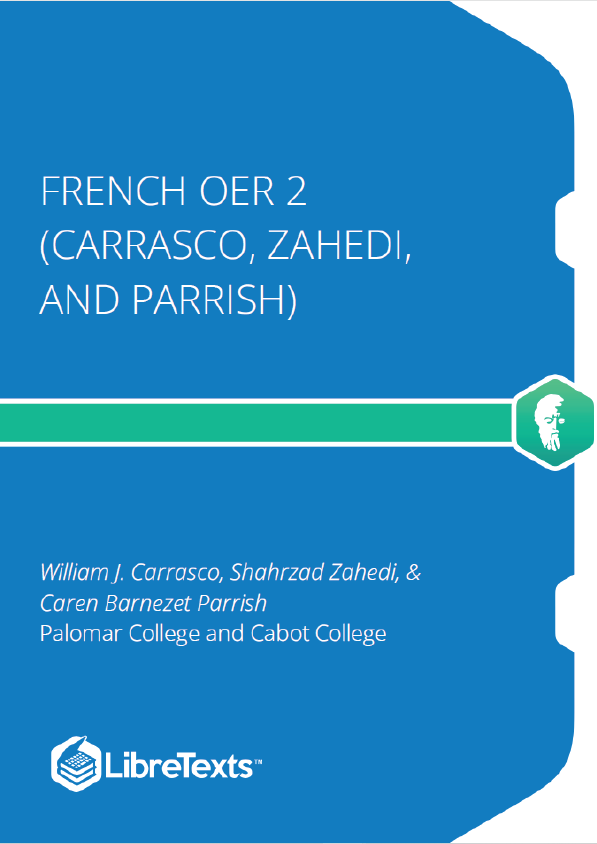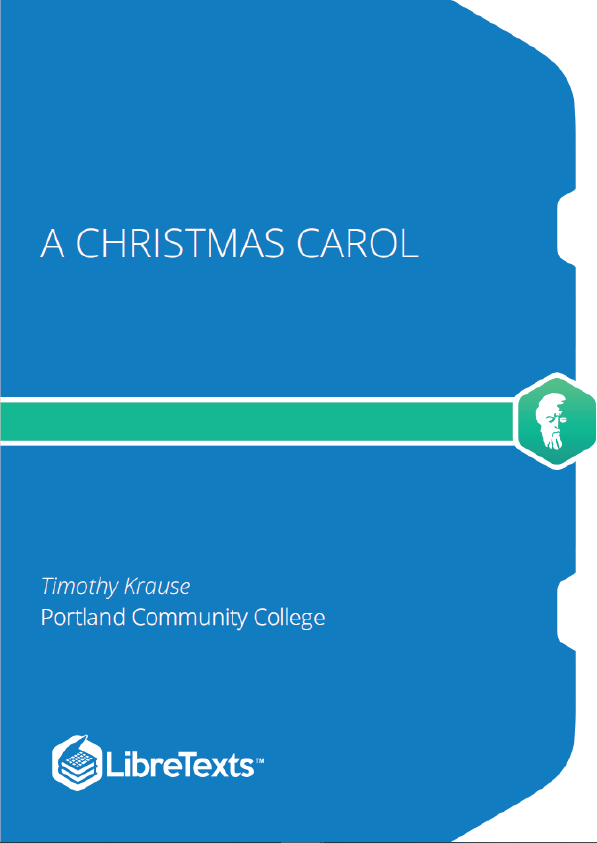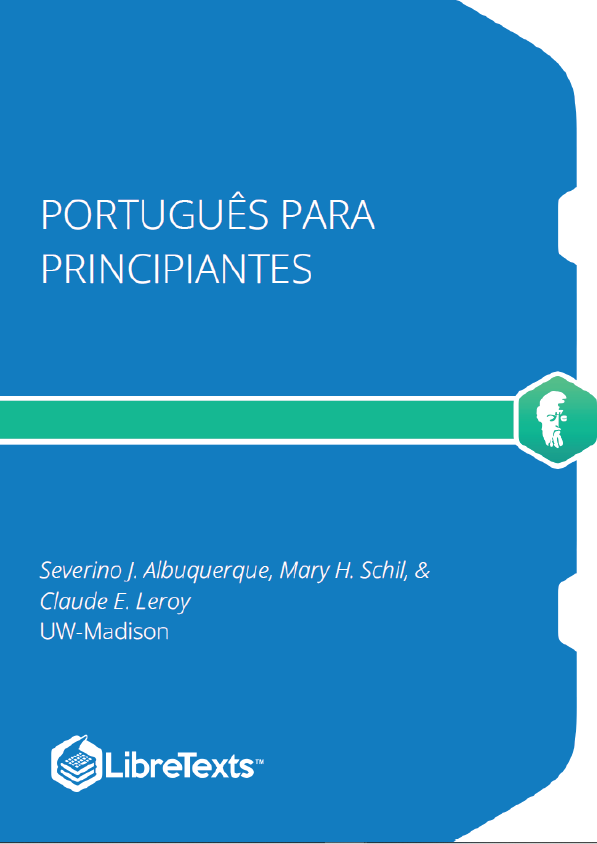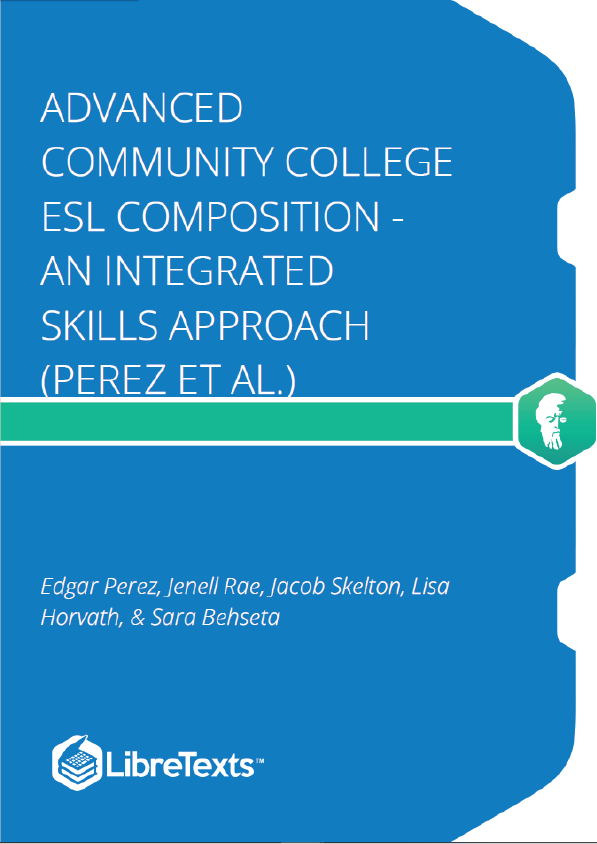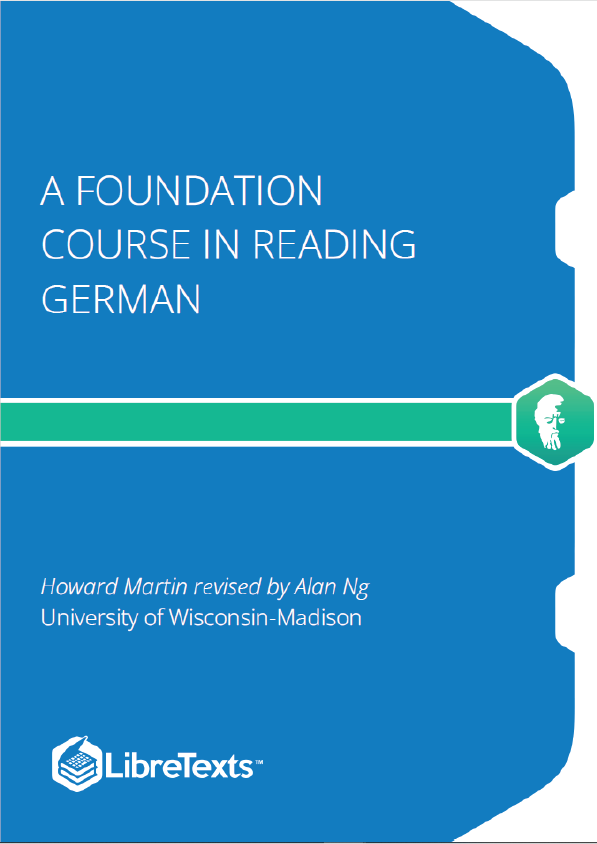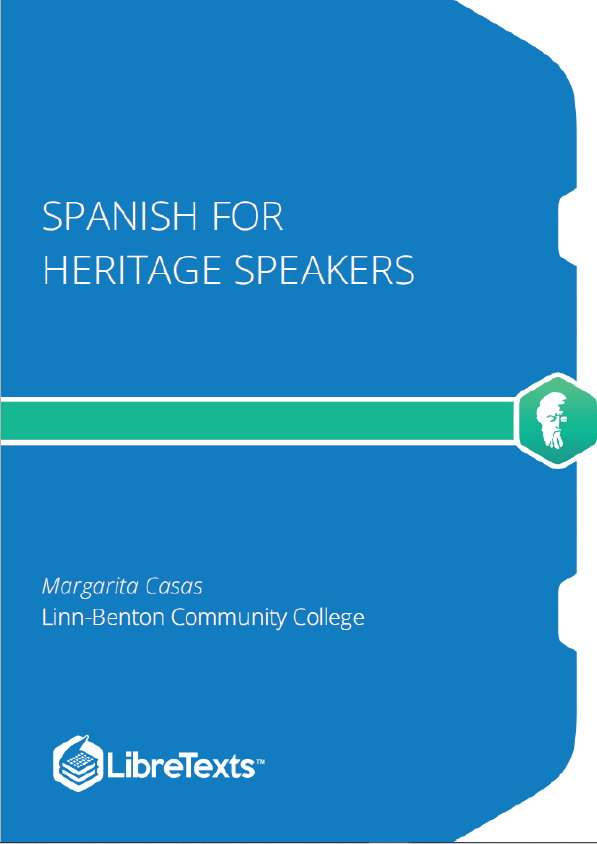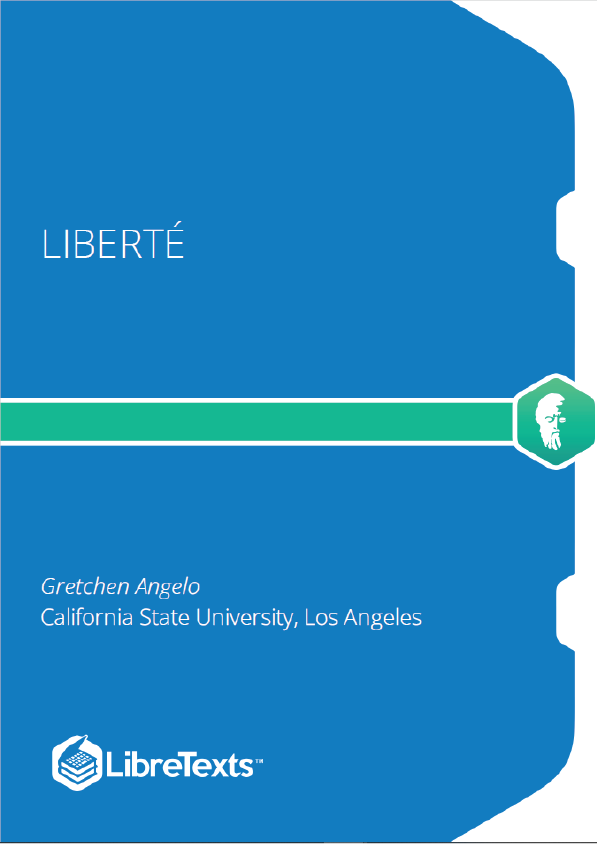The accession of Tsar Alexander II to the throne of the Russian empire in 1855 followed by three years the appearance of Leo Tolstoy’s first published work and had been celebrated with hopes for a more liberal, more European future for the political life of the nation. These hopes were realized at least in part as Alexander carried through a number of basic reforms in the first half of the 1860s, most notably the emancipation of the serfs (1861). As often happens, a taste of reform became a hunger for reform, a hunger that Alexander in the late 1860s and 1870s was increasingly unwilling to satisfy. Disaffection from the “Tsar-Liberator” culminated in 1881 with his assassination on the streets of St. Petersburg during a royal procession.
Alexander III succeeded his murdered father, determined not to meet a similar fate. Where his father had been educated by the gentle poet Zhukovsky, Alexander III had been tutored by Konstantin Pobedonostsev, a theoretician of arch-conservatism, who would become one of the new tsar’s main advisers and the chief architect of Russia’s final renunciation of the liberal promise of the early reign of Alexander II. Many repressive measures were adopted by the government of Alexander III: some university departments were closed for “free- thinking,” the censorship of printed materials was strengthened, school curricula were impoverished. Tolstoy’s younger contemporary, Anton Chekhov, chronicled the effects of these changes in such stories as “Sergeant Prishibeev” and “The Man in a Shell.” He portrays a public life in which the main rule of action is “what is not expressly permitted is forbidden.”
Tolstoy brought himself to the unfavorable attention of the new tsar almost at once by writing him an open letter in which he urged Alexander III to set a radically new example for his nation and the world by pardoning the murderers of his father. The tsar refused to grant Tolstoy’s request, and, in the years that followed, the tsar’s censors refused to permit the publication of works by Tolstoy that expressed in detail the beliefs that had inspired his dramatic plea for royal clemency. These works occupied Tolstoy’s attention as a writer almost exclusively in the late 1870s and the early 1880s, and no example of Tolstoy’s fiction written in the 1880s or later (including The Death of Ivan Il’ich [Smert’ Ivana Il’icha, 1886]) can be fully understood in isolation from the ideas that he presented in them. Tolstoy was by no means the first to hold the ideas of brotherly love, mutual support, and Christian charity that became so precious to him in the second half of his life; in fact, he came to believe that they were none other than the central tenets of a perennially fresh philosophy of life that had been subscribed to throughout history and in every corner of the earth by the great sages from Socrates to Schopenhauer.
No other representative of the “perennial philosophy,” however, has left so clear and vivid an account of the spiritual and psychological travail amidst which his new convictions were born. In A Confession(Ispoved’), written mainly in 1879–80 but not completed until 1882, Tolstoy wrote that the factor that before all others prompted the psychological crisis he endured in the mid- 1870s (and which is reflected in the character of Konstantin Levin in Anna Karenina) was his inability to find an acceptable meaning in human life. Every formulation of life’s meaning with which he experimented was wrecked by his long-standing and by now almost overwhelming sense of the dreadful inevitability of death. He writes in A Confession: “My life came to a standstill. I could breathe, eat, drink, and sleep, and I could not help doing these things; but there was no life, for there were no wishes, the fulfillment of which I could consider reasonable.” Tolstoy describes several attempts he made to shake off the feelings of depression and despair from which he had increasingly suffered since his first experience of what he called the “Arzamas terror” in 1868 (vividly described in his unfinished short story “The Notes of a Madman”). His reading of the great philosophers of the past only confirmed the apparent meaninglessness of life that so troubled him. Turning from his library to his friends and acquaintances for help was also of no avail; either his contemporaries did not concern themselves at all with the questions he found so perplexing or their answers were no more comforting than those given by the philosophers.
